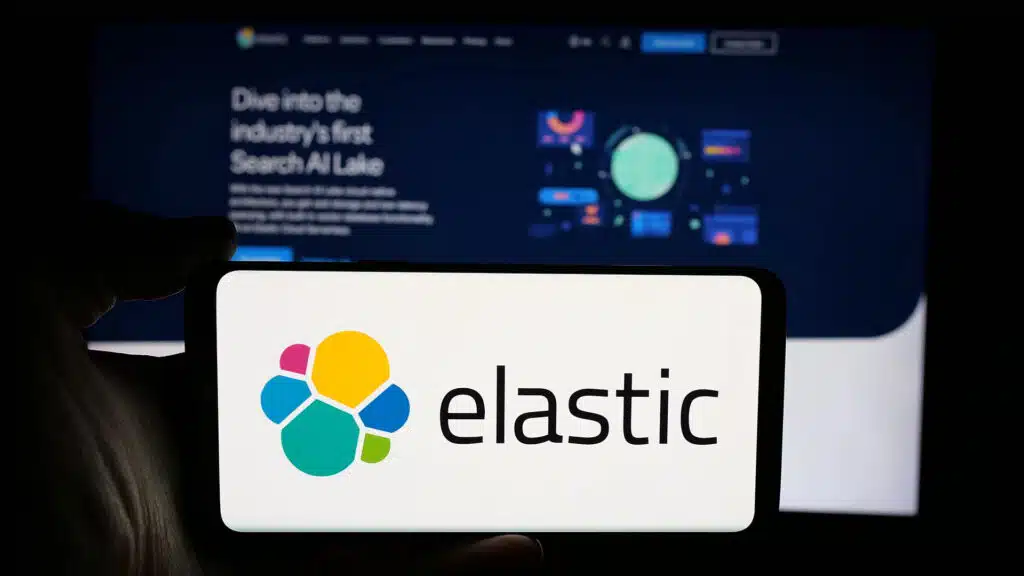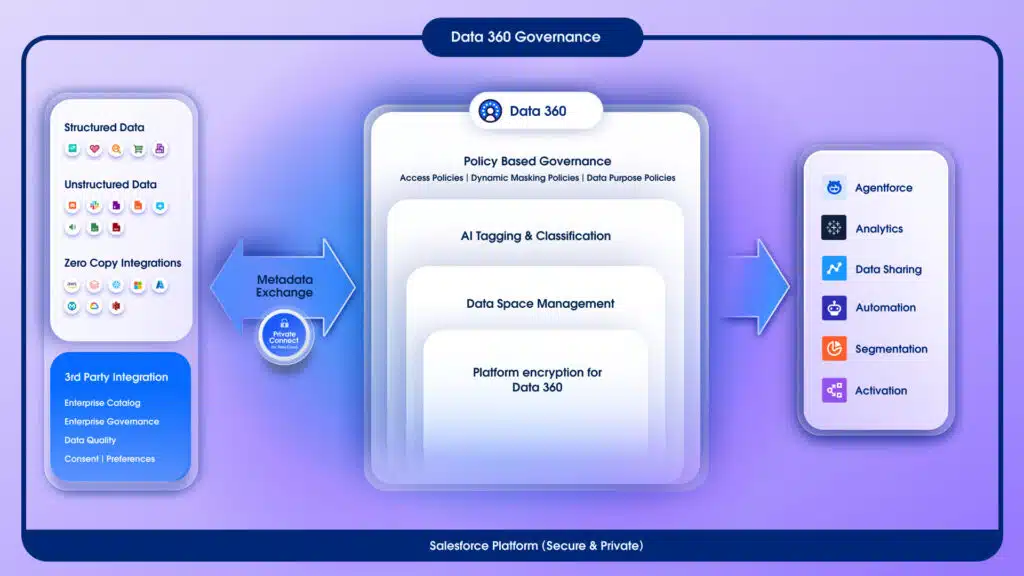Analyst(s): Keith Kirkpatrick
Publication Date: October 29, 2024
Microsoft has launched Copilot Studio in public preview and 10 autonomous agents within Dynamics 365 to help organizations enhance productivity, streamline operations, and adopt AI-first strategies. These innovations allow businesses to create custom AI agents for sales, service, finance, and supply chain tasks. With built-in security and governance, Microsoft’s new offerings aim to redefine efficiency across industries.
What is Covered in this Article:
- Overview of Microsoft’s Copilot Studio and autonomous agents
- Case studies showcasing early adopters and productivity gains
- Introduction of 10 new Dynamics 365 agents for various business functions
- Microsoft’s internal success with AI-driven solutions
- Security and governance measures within Copilot Studio
- Potential market impact and competitive landscape insights
The News: Microsoft’s latest release marks a significant evolution in its AI offerings, launching Copilot Studio in public preview and introducing ten autonomous agents within Dynamics 365. Copilot Studio enables organizations to design custom agents that streamline and automate tasks across departments, from sales to supply chain management. Early adopters, including major companies such as Pets at Home, McKinsey & Company, and Thomson Reuters, have already seen measurable efficiency and cost savings gains by deploying these agents.
The 10 new agents within Dynamics 365 expand Microsoft’s AI-first business solutions by handling various functions. For instance, the Sales Qualification Agent allows sales teams to focus on high-priority opportunities, while the Supplier Communications Agent autonomously manages supplier performance to avoid disruptions. Other agents, such as the Customer Intent and Knowledge Management Agents, enhance customer support by automating knowledge generation and issue resolution, offering businesses a robust solution to scale best practices.
In addition to new functionalities, these agents are equipped with Microsoft’s security and governance protocols, ensuring data integrity and responsible AI use. These agents are secure and seamlessly integrated into the company’s ecosystem by leveraging existing data sources within Microsoft 365 Graph, Dataverse, and Fabric.
Better Team Productivity with Microsoft’s New Autonomous Agents
Analyst Take: Microsoft is expanding its autonomous AI capabilities through tools such as Copilot Studio and new Dynamics 365 agents, aiming to reshape business operations. These technologies have the potential to reduce manual labor, improve response times, and streamline workflows. The significant adoption of Microsoft 365 Copilot among Fortune 500 companies indicates a strong presence in the enterprise AI sector and potential for further innovation.
On the positive side, early adoption cases from organizations such as McKinsey & Company and Thomson Reuters have shown tangible benefits, such as shortened onboarding processes and more efficient due diligence. Additionally, Microsoft’s focus on data governance and security is crucial as businesses increasingly incorporate AI into their operations.
However, there are notable challenges. These AI agents’ effectiveness heavily depends on the volume and quality of data provided during training. Organizations must ensure that they supply reliable and relevant data, which can require considerable oversight, especially in the initial training phases.
Moreover, the process of training these agents to achieve full autonomy can be labor-intensive and time-consuming. While the investment in training may lead to enhanced productivity in areas that require immediate data retrieval or rapid decision-making, it also presents hurdles that organizations must overcome to realize the full benefits of AI integration.
Expanding Capabilities with Copilot Studio
Copilot Studio allows users to design agents from simple prompt-response assistants to fully autonomous task managers, giving organizations a choice between basic and sophisticated agents. By allowing IT departments and business leaders to design agents that draw on Microsoft 365 Graph, Dataverse, and Fabric data, Copilot Studio enables organizations to leverage their existing data ecosystems for maximum impact.
Creating an AI agent is both beneficial and challenging. It can increase team productivity but is challenging because it demands more supervision in its initial creation phase. The organization must provide substantial, diverse, relevant data for an AI agent to reach full autonomy.
During this initial phase, teams will still need to play an active role, continually refining the agent’s capabilities by inputting, curating, and monitoring data to ensure accuracy and relevance, which can be time-consuming.
Only once the agent is adequately trained and has processed a comprehensive dataset will it be able to operate independently, handling complex tasks with minimal oversight. This hands-on phase is critical, as it lays the foundation for the agent’s ability to make reliable, data-driven decisions in the future.
Autonomous Agents and its Real-World Applications
Several organizations have integrated Microsoft’s autonomous agents with remarkable results, showcasing the technology’s transformative potential. For instance, Pets at Home, a leading pet care business in the UK, deployed an autonomous agent designed for its profit protection team. This agent efficiently compiles cases for skilled human review, saving the company millions annually. This type of automation allows teams to focus on critical analysis rather than repetitive tasks, driving both cost savings and productivity gains.
Another example comes from McKinsey & Company, which implemented an autonomous agent to streamline its client onboarding process. The initial pilot reduced lead times by an impressive 90% and cut administrative work by 30%. By automating onboarding tasks, McKinsey enables its team to dedicate more time to strategic client engagement, elevating the overall service experience.
Thomson Reuters also experienced notable gains by creating a professional-grade agent tailored for the legal industry. This agent speeds up due-diligence processes, cutting the time required for specific tasks in half. Such time savings improve internal efficiency and allow Thomson Reuters to enhance its client offerings and increase its business pipeline.
These cases underscore how autonomous agents, designed through Copilot Studio, can deliver substantial returns across varied sectors. Each agent is created with unique functions in mind, yet they all draw from the same robust data ecosystem.
In its early stages, developing this AI agent is toilsome and requires close supervision to ensure the data it receives is relevant, reliable, and accurate. This necessary step is essential for the agent to perform effectively, as high-quality data directly impacts its ability to function optimally. With a robust data set, the agent can operate as intended or adapt its approach based on nuanced patterns within the same data.
Transforming Business Functions with Dynamics 365 Autonomous Agents
As companies increasingly look to AI to streamline operations, Microsoft’s 10 new autonomous agents within Dynamics 365 are poised to make a significant impact. These agents, which serve sales, service, finance, and supply chain functions, are designed to transition companies from traditional business models to AI-driven, dynamic workflows. Each agent embodies the “AI-first business process” concept where intelligent automation becomes a core aspect of daily operations.
One standout example is the Sales Qualification Agent, which autonomously handles lead research, prioritization, and customer outreach. By shouldering the initial stages of the sales cycle, this agent enables sales teams to concentrate on high-impact opportunities, ultimately accelerating the path to revenue.
Another significant addition is the Supplier Communications Agent, an autonomous tool that manages supplier performance. This agent tracks potential delays and optimizes communication, freeing procurement teams from time-consuming manual monitoring. Through real-time tracking, businesses can proactively address supply chain disruptions, minimize costly interruptions, and maintain steady operations.
This suite of agents also benefits customer care, particularly through the Customer Intent and Customer Knowledge Management Agents. In industries where customer satisfaction hinges on rapid response times, these agents autonomously handle customer queries, create knowledge-based articles, and learn to address recurring issues.
The more data an organization can provide, the more robust and versatile its AI agent becomes. This unlocks a broader range of functionalities and enables the agent to produce work autonomously. Data is a critical factor in an AI’s effectiveness—almost a limiting factor—where organizations with abundant, high-quality data reap greater rewards.
Conclusion
Microsoft’s recent advancements with Copilot Studio and Dynamics 365 autonomous agents represent a significant evolution in AI-driven business processes. The public preview of Copilot Studio offers companies an unprecedented opportunity to explore the benefits of AI-first strategies, with early adopters already reporting remarkable cost savings and time efficiencies.
As autonomous agents become integral to business operations, companies can leverage these tools to shift resources away from routine tasks and focus on strategic objectives. Microsoft’s internal success with Copilot is a compelling case study demonstrating how AI can enhance productivity across sales, customer service, marketing, and HR functions. Through its comprehensive focus on security and governance, Microsoft ensures that this AI-powered future is effective and safe, setting the stage for a new digital transformation era.
What to Watch:
- Salesforce, SAP, Google, and Amazon are rapidly advancing AI integration in business tools. Microsoft’s edge may depend on how well its autonomous agents differentiate through customization and seamless integration.
- As autonomous AI and secure governance evolve, Microsoft must keep its Copilot agents adaptable, focusing on transparency and compliance to meet enterprise demands.
- The push toward automated business processes in finance, supply chain, and customer service is accelerating. However, the growing demand for platform-agnostic solutions could pressure Microsoft to enhance interoperability.
- Security and flexibility are top priorities for enterprises. Microsoft’s governance controls and data privacy features align with these needs, but more substantial customization from competitors may influence future adoption.
See the complete press release on Microsoft’s new autonomous agents on the Microsoft website.
Disclosure: The Futurum Group is a research and advisory firm that engages or has engaged in research, analysis, and advisory services with many technology companies, including those mentioned in this article. The author does not hold any equity positions with any company mentioned in this article.
Analysis and opinions expressed herein are specific to the analyst individually and data and other information that might have been provided for validation, not those of The Futurum Group as a whole.
Other insights from The Futurum Group:
ServiceNow’s Q3 FY2024 Results Highlight AI-Driven Growth & Expansion
Six Five Webcast Agentic AI Frameworks at IBM TechXchange Conference – Six Five in the Booth
Author Information
Keith Kirkpatrick is VP & Research Director, Enterprise Software & Digital Workflows for The Futurum Group. Keith has over 25 years of experience in research, marketing, and consulting-based fields.
He has authored in-depth reports and market forecast studies covering artificial intelligence, biometrics, data analytics, robotics, high performance computing, and quantum computing, with a specific focus on the use of these technologies within large enterprise organizations and SMBs. He has also established strong working relationships with the international technology vendor community and is a frequent speaker at industry conferences and events.
In his career as a financial and technology journalist he has written for national and trade publications, including BusinessWeek, CNBC.com, Investment Dealers’ Digest, The Red Herring, The Communications of the ACM, and Mobile Computing & Communications, among others.
He is a member of the Association of Independent Information Professionals (AIIP).
Keith holds dual Bachelor of Arts degrees in Magazine Journalism and Sociology from Syracuse University.







